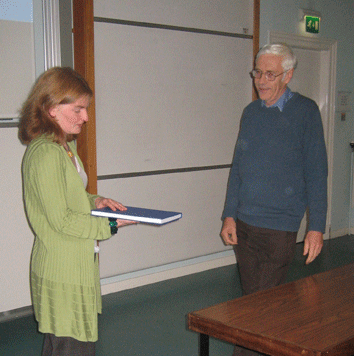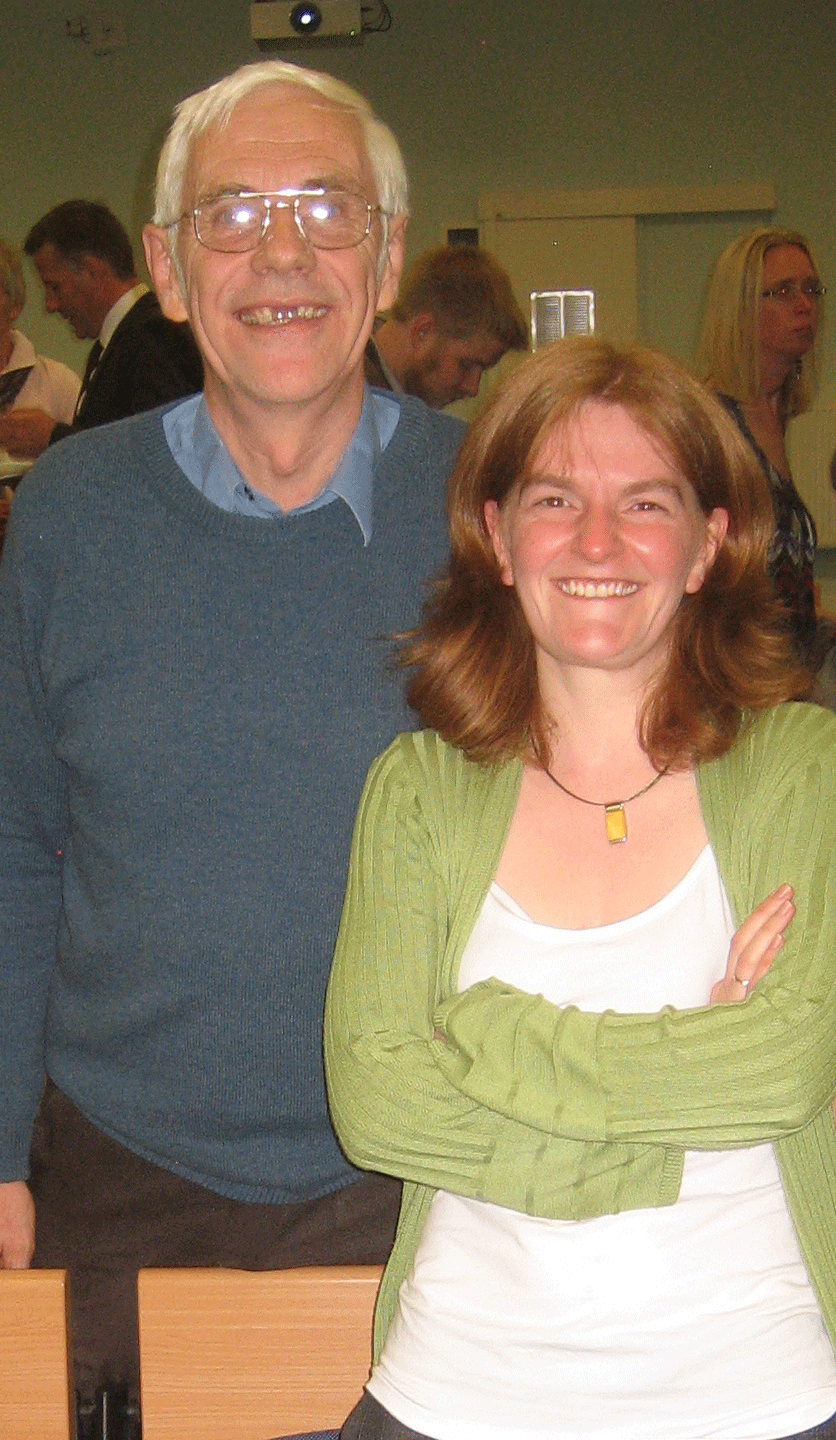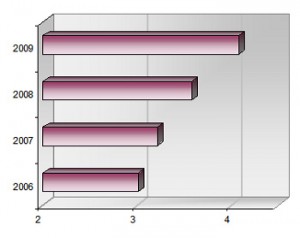Professor Chris Orvig, Chair of the Dalton Transactions Editorial Board, has been elected Fellow of the Royal Society of Canada.
The citation for Chris’ election reads:
Chris Orvig, amongst the world’s foremost medicinal inorganic chemists, is also one of Canada’s best-known inorganic chemists. He studies metal ions in the etiology, diagnosis, and therapy of disease, making seminal contributions, both fundamental and applied, to the understanding of metal ions in biological processes.
Chris has been the Chair of the Dalton Transactions Editorial Board since 2008 and, working together with the Editorial Board and Editorial Office, has overseen some significant developments for the journal, culminating this year with the journal’s impressive rise in impact factor to 4.1!
We are delighted with this well-deserved election to Canada’s foremost learned society. Well done Chris!
Read Chris Orvig’s most recent Dalton Transactions article here.















